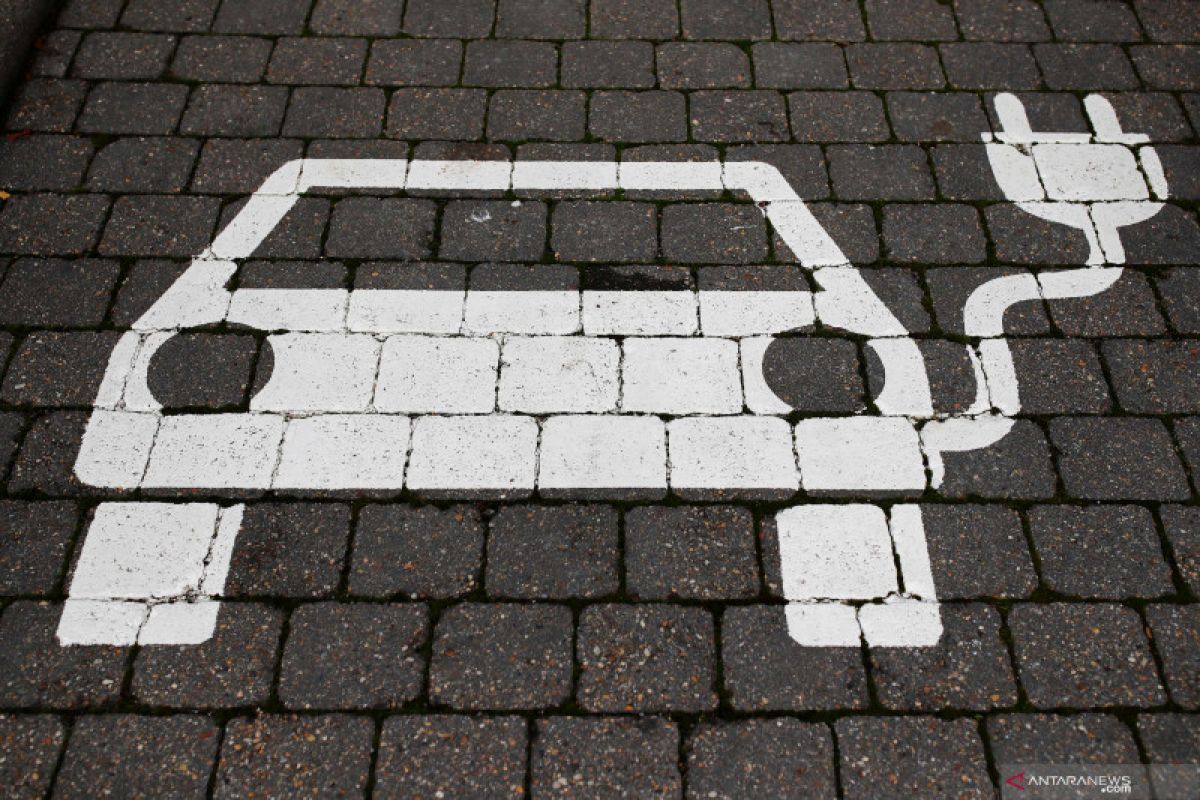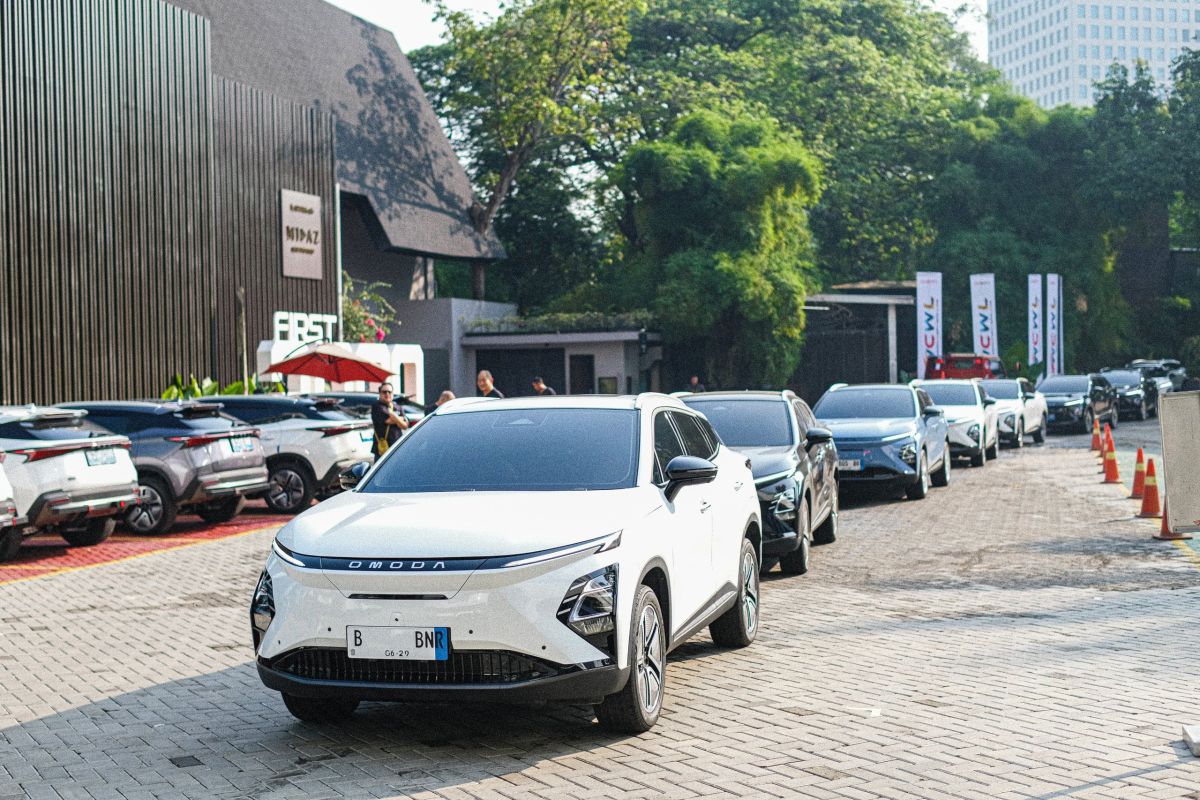By: Datuk Seri Vijay Eswaran, Co-founder and Executive Chairman of the QI Group of Companies.
United States President Donald Trump's "Liberation Day" tariffs could mean further erosion of Indonesia’s shrinking middle class.
And with one fell swoop, the dream of a better future seems to slip further away from millions of Indonesians.
Which is why it is imperative as Southeast Asia's largest economy that the nation’s future prosperity hinges not on protectionist policies or government handouts, but on revitalizing its shrinking middle class by empowering micro, small, and medium-sized enterprises (MSMEs).
Revitalizing the middle class is essential for reversing Indonesia's economic turbulence and ensuring a stable future.
Failing to act decisively to reignite the power of MSMEs will only mean that Indonesia risks deeper stagnation and a widening economic gap.
Choose the reverse to empower them and we can reignite dreams, restore financial security, and build a more resilient economy.
The Interdependence of MSMEs and the Middle Class
President Prabowo Subianto has outlined a vision for supporting MSMEs, but stronger actions are needed.
For decades, Indonesia’s middle class has been the backbone of economic growth, driving consumer spending and supporting millions of small businesses.
However, in just five years, nearly 10 million Indonesians have fallen out of this demographic—a staggering 21% decrease. This decline forces families to make difficult choices—cutting back on essentials, delaying education, and putting dreams on hold, jeopardizing economic vitality as the middle class accounts for nearly 81.49% of household spending.
As MSMEs employ 97% of the workforce and contribute 61% to GDP, less spending from a shrinking middle class weakens these enterprises, creating a destructive cycle that erodes purchasing power.
With over 64 million registered enterprises, MSMEs are indeed the lifelines of Indonesian communities, from neighborhood bakeries providing morning bread, local textile workshops supporting families, to innovative tech startups.
Recent economic storms, marked by inflation, market saturation from imported goods, and raw material shortages, have further eroded consumer confidence, resulting in significant job losses across various sectors.
This interconnected crisis not only devastates MSMEs but also places countless families in jeopardy.
Trump’s tariffs will further exacerbate the situation.
Even our neighbors in the Philippines, despite a strong 6.3% economic growth in Q2 2024, saw consumer spending rise by only 4.6%. This tells us something important: even with growth, economic uncertainty and inflation are making people hesitant to spend.
To alleviate this situation, bold action is needed to grow MSMEs and the middle class.
Learning from Global Counterparts
China shows us a different path. Their focused policies empowered hundreds of millions to join the middle class. This approach strengthened the economy and fostered a resilient middle class that drives consumer demand and job creation.
In contrast, India presents a cautionary tale. Despite notable economic growth, job displacement due to automation and weak household finances have kept their middle class under pressure. Without the right support, their middle class remains squeezed, limiting their potential as a consumer base.
Indonesia must learn from both examples and decide its fate.
Empowering Indonesian MSMEs: A Path Forward
To ensure long-term economic resilience, Indonesia needs targeted policies that help MSMEs thrive and enhance middle-class spending, especially in the current and uncertain global world order.
Despite support from credit schemes like KUR, many business owners struggle with repayment due to limited guidance and a weak ecosystem.
Expanding financing options with lower interest rates and providing essential support is crucial for strengthening the environment for MSMEs.
Offering tax incentives for middle-class consumers and gradually raising the minimum wage will relieve families and stimulate spending. The government must also help businesses improve digital skills, financial management, product standards, and navigate regulations in the digital age.
Creating a transparent, fair business environment will attract foreign investment and support local enterprises by streamlining regulations, combating corruption, and promoting fair competition through effective enforcement of antitrust laws.
Recent policy developments, such as the mining law amendment and the extension of preferential tax rates for MSMEs signal progress and inclusion.
However, their true impact will depend on how effectively they translate into real benefits for businesses and workers.
Conclusion: Actions for Lasting Growth
Indonesia's economic future depends on decisive action from policymakers, industry leaders, and communities. A failure to act risks not just the economic stability of Indonesia but the very livelihoods of its people.
Strengthening governance, investing in training/education, and cultivating a competitive business environment are essential for unlocking MSMEs potential and rebuilding the middle class. Addressing challenges like layoffs and reduced consumer purchasing power should be prioritized to ensure that these efforts are viable.
Empowering MSMEs is vital for national resilience. By expanding loan programs, promoting middle-class spending, and ensuring fair wages, we can foster a more inclusive, prosperous Indonesia, where MSMEs flourish and families regain financial security.
*) DISCLAIMER
Articles published in the “Your Views & Stories” section of en.tempo.co website are personal opinions written by third parties, and cannot be related or attributed to en.tempo.co’s official stance.













































